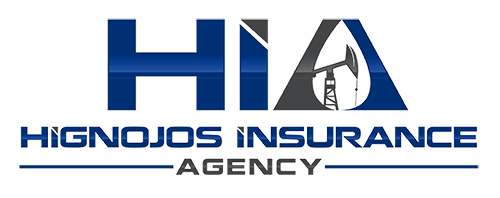The Basic Insurance Coverage Plan for small to medium businesses. The most typical hazards associated with operating a business are covered by general liability insurance.
If a customer slips and gets hurt while visiting your establishment or if you accidentally cause damage to someone’s property, this business liability insurance coverage will cover the costs of the lawsuit. Libel and copyright infringement are examples of personal and advertising damage covered by this policy.
General liability insurance is frequently necessary for small business owners to meet the lease, loan, or contract. When you sign a commercial lease, for instance, a landlord can request to see a copy of your insurance certificate.
General liability insurance is a cost-effective risk management strategy for small organizations. Most businesses require this insurance, particularly if they hire or own an office or retail space. Small businesses interacting directly with clients and consumers benefit immensely from owning general liability insurance. If a client or rival sues you, this insurance policy can keep your business afloat. Since general liability insurance offers such crucial protection, most small business owners purchase the policy as soon as they launch their enterprise.
It is equally important to note that while most small businesses need general liability insurance, it does not offer sufficient protection. For instance, legal actions arising from professional errors, such as unfulfilled services and missed deadlines, may be covered by professional liability insurance, often known as errors and omissions insurance (E&O). If an employee is hurt at work, their medical bills and disability payments are covered by workers’ compensation insurance, not general liability insurance.
Nevertheless, general liability insurance goes a long way in fixing the basic needs of business owners. Ensure you purchase a premium at an agency that cares about your protection and will provide you with the appropriate coverage plan you deserve.

